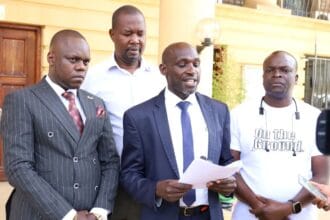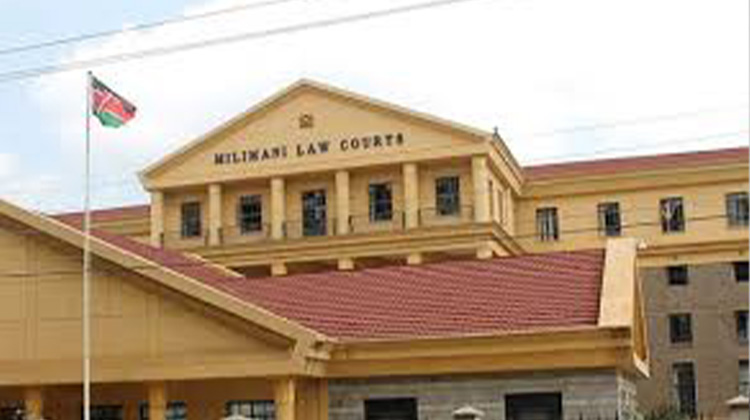A major labour dispute between the Geothermal Development Company (GDC) and sixty of its employees is now before the Employment and Labour Relations Court in Nairobi, with both sides presenting sharply contrasting views on a company-wide restructuring exercise.
The case, Constitutional Petition No. E167 of 2025, reveals a deep conflict over staff promotions, benefits, and the very process of organizational change within a state-owned corporation.
The legal battle began when the employees, led by Evans Kiplagat Kimaiyo, filed a petition on September 2, 2025. They alleged that GDC’s management had implemented policies that led to deteriorating working conditions, denied or reduced their benefits, and were intended to “humiliate, suppress and degrade” them.
The staff claimed their peaceful attempts to resolve these issues through numerous emails and meetings from March to June 2025 were ignored or met with silence and subtle threats.
A central grievance involved their redesignation from job grade 8 to grade 7, which they argued had negatively impacted their allowances. They also expressed alarm over management’s plans for external recruitment while their grievances remained unresolved, prompting them to seek urgent court protection.
In a detailed response, lawyer Cecil Miller for the GDC has firmly rejected the employees’ characterizations, labelling the lawsuit as “premature.” Through an affidavit sworn by Irene N. Onyambu, the General Manager for Corporate Services, the company outlined a comprehensive, multi-year process that led to the new staff structure.
GDC stated that a review of its Human Resource instruments began in 2021 after a failed recruitment drive highlighted outdated policies. This process, the company says, involved staff surveys and union input, and the resulting new structure was approved by the State Corporations Advisory Committee (SCAC) in January 2024.
GDC frames the employees’ move from grade 8 to grade 7 not as a demotion but as a promotion from “unionisable” to “management” status.
The affidavit provides figures showing increases in basic salary, house allowance, and commuter allowance. However, the company acknowledges that this shift came with changes to benefits, which it asserts are standard across the public service.
Management staff, it states, are not eligible for overtime pay but receive a “call out allowance,” and their leave allowance is set at one-third of basic salary, as directed by the Salaries and Remuneration Commission (SRC), instead of the full month’s pay for unionized staff.
On the crucial issue of grievance handling, GDC presents a timeline of meetings and memos, countering the employees’ claim of being ignored. The company states that after a meeting with staff on April 25, 2025, the issues were scheduled for deliberation by an internal committee in late August, with a follow-up meeting set for September 2025. GDC argues that the employees filed their lawsuit before these internal mechanisms could be exhausted.
Furthermore, the company attributes delays in implementing the new structure to a directive from the National Treasury, which initially put the changes on hold due to budgetary concerns in July 2024 before granting conditional approval later.
Regarding external recruitment, GDC defends it as an operational necessity to reduce overtime costs and ensure adequate staffing for safety. It accuses the petitioners of a “selfish” motive to block new hires to continue earning overtime.
The court is now tasked with weighing these opposing narratives to determine whether the company’s actions were a lawful organizational update or a violation of the employees’ rights.











